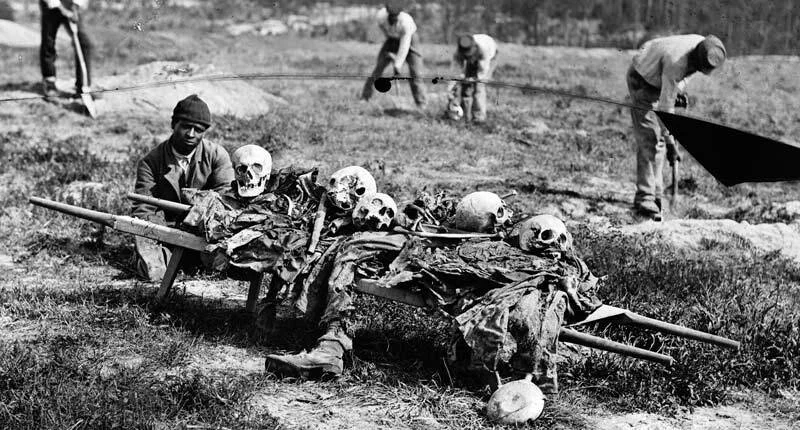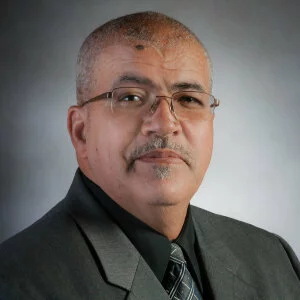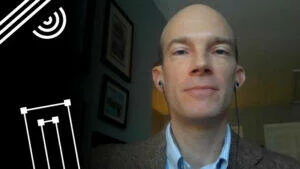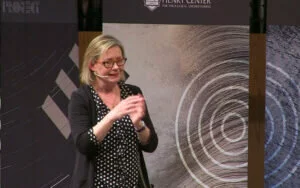I am not surprised by the fierce defense of the confederate flag by those who see it as a symbol of a proud heritage. I am not talking about those like Klansman Roy Pemberton, who while demonstrating in Columbia, South Carolina, chastised a man for not joining in the demonstration with other Klansmen.
As Pemberton said, according to the Washington Post, “They take our flag, soon they’ll take your wife.” Pemberton also made available cards to all that would take them that said: “Racial Purity is America’s Security.”
I am aware of the concern, recently voiced Rev. William J. Barber II, president of the NAACP in North Carolina, on the nature of Confederate monuments around Bloodshed, however justified, still can pollute the soul of a land through the memories that are instilled and how these memories are processed in subsequent actions and legacy development.the state. Rev. Barber was critical of the General Assembly and Governor Pat McCrory for the passing of a bill protecting these confederate monuments. Rev. Barber said that the law was not merely about reforms (News & Observer):
“It underscores the cynical posturing of protecting monuments that represent a racist legacy before protecting voting rights, healthcare, public education, criminal justice reform, living wages, women’s rights, the environment, and all citizens of this state.”
He argued that the monuments were constructed 50 years after the Civil War to mark the ascendancy of white supremacy. Pemberton could certainly be regarded as one who perpetuated such a legacy.
Can our land ever be healed?
Again, I am not so concerned with the response of the non-believing segment of our country, no matter how large this segment is. I am concerned about what can emerge in the Church of Jesus Christ to contribute to the healing of the land. Our country was built by many great people, known and unknown. Many admirable principles and values are a part of our national fabric, often incorporating Judeo-Christian teachings.
Our country was also built through much pain, dehumanization, and blood that interfaces much with the matter of slavery and the reverberations of racism into the present. The climactic event of the Civil War captures well the reminder of blood shed on both sides. History lauds much the “good” cause of the Union through it all, but death pains family and friends of the fallen no matter what color the uniform.
The If the Church will model a Spirit-empowered revisitation to this realm of national memory, we may be granted a determinative role in the healing of our landreality of blood reminds me of the passage in Numbers 35:33-34 that records “blood pollutes the land.” I am not speaking of blood in the land defiling the holiness of God (R. K. Harrison, Numbers, Moody Press, p. 423), and I am aware that the war was sanctioned by both the North and the South. Thus, such dramatic loss of life on both sides was not the product of unlawful execution of force. Bloodshed, however justified, still can pollute the soul of a land through the memories that are instilled and how these memories are processed in subsequent actions and legacy development.
The reality memory and its processing in our country is concomitantly a problem and the hope of remedy. In the next piece, I will briefly present some thoughts on memory from Augustine’s Confessions. If the Church will model a Spirit-empowered revisitation to this realm of national memory, we may be granted a determinative role in the healing of our land, if this is what the Lord has in store for the United States of America.








Comments
Be the first one to make a comment!